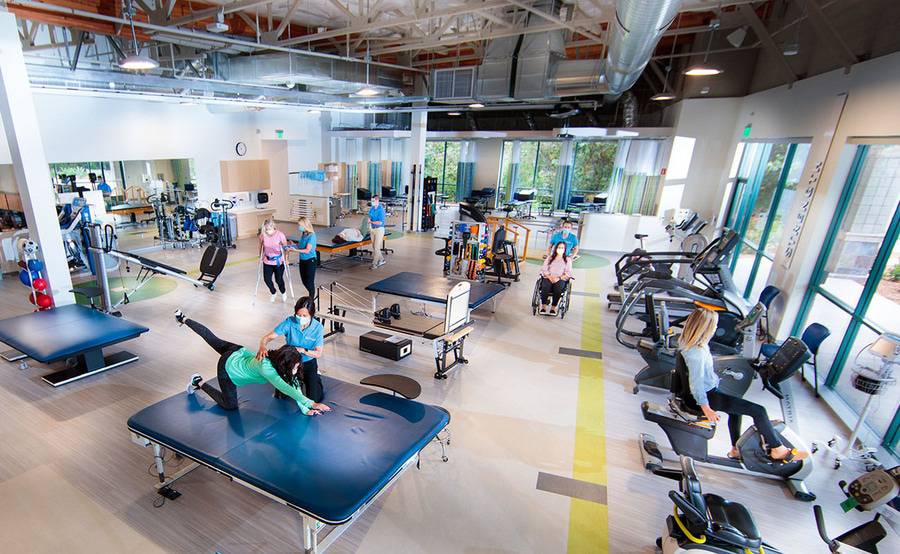One of the key advantages of using FMS in recovery is its ability to pinpoint particular aspects that need enhancement. For example, if a client struggles with squat movements or lunging, it may suggest a lack of flexibility in their hips or ankle joints. This information allows clinicians to create customized exercise programs that emphasize addressing these shortcomings. As a result, patients are more likely to recover their strength and ability, which is essential for returning to daily tasks or sports.

Implementing effective FMS procedures can also help prevent future harm. Many injuries happen due to poor mobility patterns or overuse of certain muscle clusters. By screening individuals before they begin a rehabilitation program, clinicians can detect risks and establish approaches to reduce them. Informing patients about appropriate movement patterns and strengthening underdeveloped areas can lead to long-term advantages, promoting that they remain engaged and fit.
Additionally, the use of FMS can enhance dialogue between healthcare providers and patients. When clients witness their movement patterns evaluated and explained, they gain a clearer understanding of their rehabilitation journey. This clarity builds trust and encourages patients to take an engaged role in their recovery. By web link involving patients in their recovery journey, they are more likely to adhere to prescribed activities and behavioral changes that promote better results.
In summary, improving recovery outcomes through effective operational mobility screening protocols is essential for both patients and healthcare professionals. By precisely assessing movement mechanics, therapists can develop customized rehabilitation plans that meet specific requirements. This not only aids in rehabilitation but also assists prevent future injuries. As patients become more involved in their recovery journey, they are likely to attain their objectives and maintain a Full Report fit, active lifestyle.